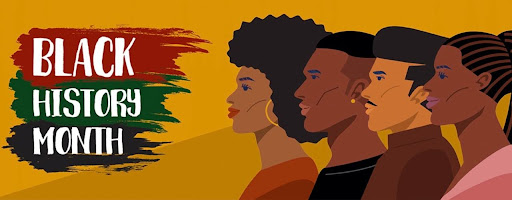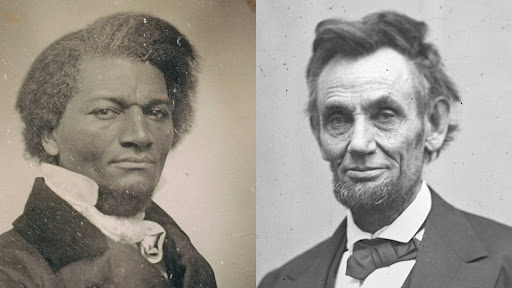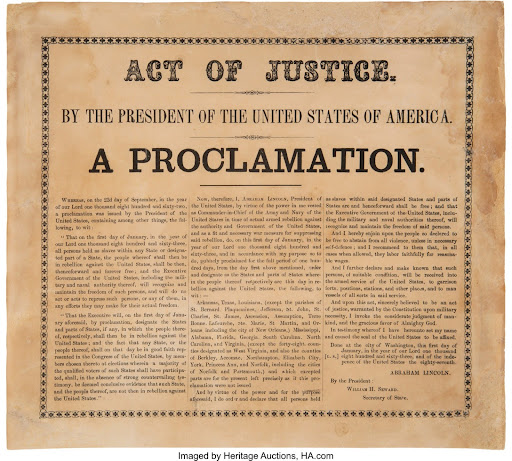
By Natalie Herr ‘25
Black History Month is a month dedicated to African Americans in honor of their history, culture, struggles, and triumphs. Throughout this month, you may learn about African American cultures, the struggles they went through, where they came from, and their political activism. There is so much to learn about African American culture, just like any other culture.
Black History Month has been celebrated in the month of February every year since 1976. Two of the most iconic people within the history of African Americans’ birthdays are in February. Abraham Lincoln, whose birthday is on February 12, and Frederick Douglass, whose birthday is on February 14th.

Lincoln passed the Emancipation Proclamation on January 1, 1863, which declared that any enslaved people within the Confederate control areas would be deemed forever free. Later on, it became the 13th Amendment.
Douglass was born into slavery in 1818, and in his early 20’s he escaped and published his first book in 1845: The Narrative of the Life of Frederick Douglass, An American Slave, Written By Himself. He spent most of his career fighting to abolish slavery. He also helped a women’s rights movement get on its feet.
He advocated for African American soldiers in the Union Army and later became a recruiter for the USCT, United States Colored Troops. Douglass wanted the Civil War to be the fight to end slavery, which it was to an extent. But he and many others urged Lincoln to pass the Emancipation Proclamation.

Douglass also advocated for the constitutional amendments that forever changed the status of African Americans in the United States. The 14th and 15th Amendments gave African Americans the right to vote and granted them citizenship.
The week of the 12th and 4th of Feburary was first called the Negro History Week, where both birthdays would be celebrated. A little later it was broadened to not only show the works of two great men, but the works of an entire great community. People got engaged, teachers wanted material to teach, and people wanted to know how to support and expand the movement. Clubs and meetings were established as a result of growing interest.
This ended up turning into an annual celebration with posters and study materials made as well as plays, historical reenactments, etc. This eventually showed up in textbooks, and teachers added it to their history curriculums. In the late 1960’s, black history month had its first debut, called Negro History Month. More and more proclamations were issued because Democrats and Republicans wanted the month to be official.
February is a month dedicated to African Americans, and October dedicated to Hispanics. But just because there is a month designated to a people group doesn’t mean those should be the only times where we become educated, educate others, and celebrate alongside them.
Sources:
Origins of Black History Month – ASALH
About Black History Month – ASALH
https://www.civilrightsmuseum.org/news
Photo Credits:
https://www.uc.edu/news/articles/2023/01/uc-honors-black-history-month-with-exciting-events.html
https://www.history.com/news/abraham-lincoln-frederick-douglass-relation?scrlybrkr=9d900b3e
https://jemartisby.substack.com/p/the-emancipation-proclamation
